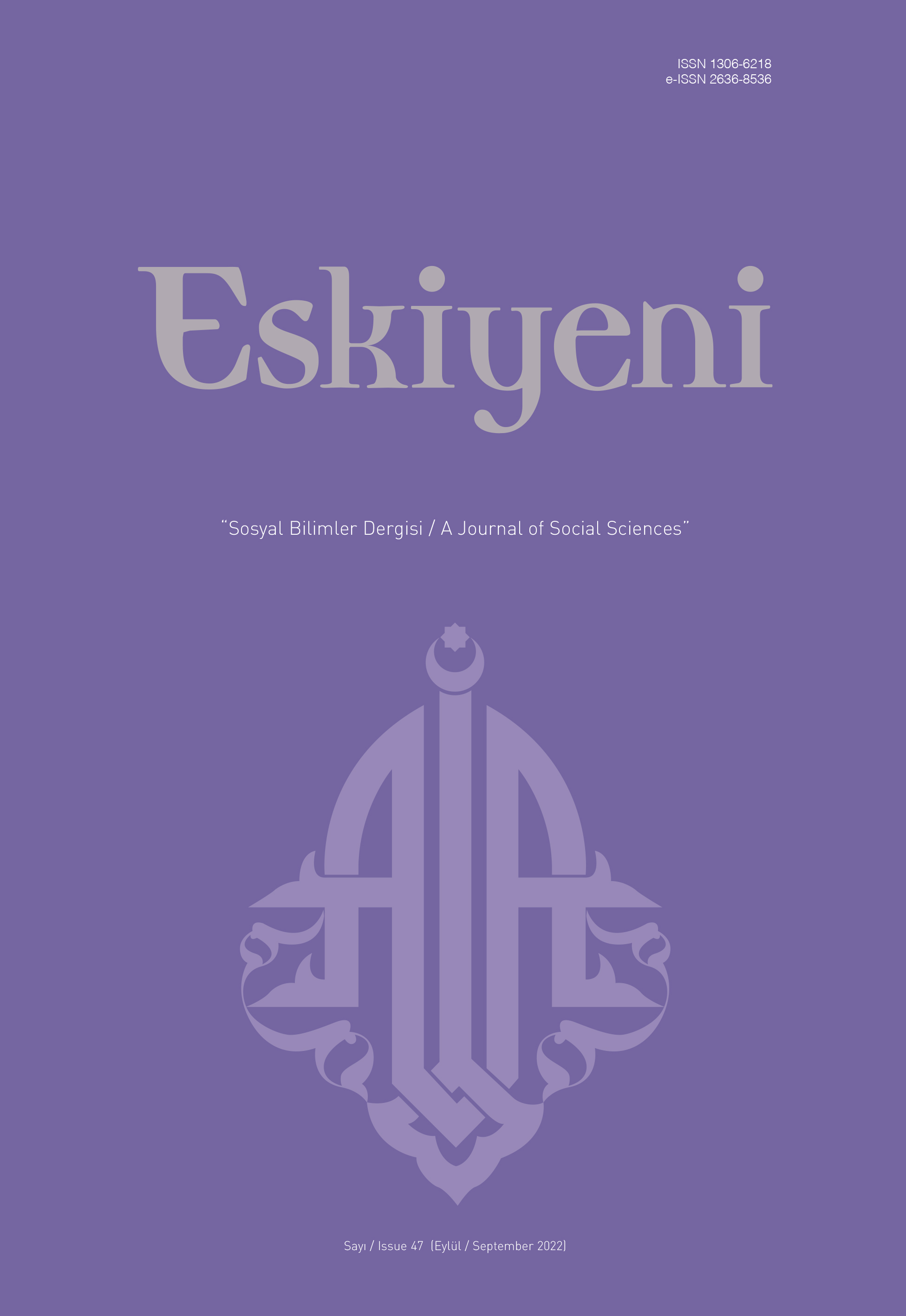Muhammed Âbid el-Câbirî’nin Üç Bilgi Sistemi Teorisi Üzerine Eğitimsel Bir Analiz
An Educational Analysis of Mohammed Abed Al-Jabri’s Theory of Three Knowledge Systems
Author(s): Fatih İpek,Subject(s): Epistemology, Theology and Religion, Islam studies
Published by: Anadolu İlahiyat Akademisi
Keywords: Religious Education; Mohammed Abed Al-Jabri; Knowledge System of the Bayān; Knowledge System of the Burhān; Knowledge System of the ʿIrfān;
Summary/Abstract: This paper aims to analyze al-Jabri’s theory, which is expressed as the “Three Epistemological Systems”, from an educational point of view. The idea that Jabiri’s theory is mainly related to the criticism of the Islamic educational tradition has been effective in the preference of this subject. Al-Jabri’s views, which were determined by the document analyzing method, were compared with the studies in the literature and the principles and conventions of the educational sciences. In al- Jabiri’s theory, the number of reference knowledge systems that dominate Islamic culture is three: (1) “knowledge system of the bayān (explication)”, (2) “knowledge system of the burhān (demonstration)” and (3) “knowledge system of the ʿirfān (illumination)”. According to him, these three epistemological approaches, separately, have been the dominant way of producing and using knowledge at all times and in all Muslim societies, starting from the codification (tadwīn) period. Al-Jabri considers the existence of three knowledge systems (bayānī, burhānī, ʿirfānī) separately and their mixing with each other among the causes of intellectual, political and cultural crises that Islamic civilization could not overcome.
Journal: Eskiyeni
- Issue Year: 2022
- Issue No: 47
- Page Range: 541-572
- Page Count: 32
- Language: Turkish

